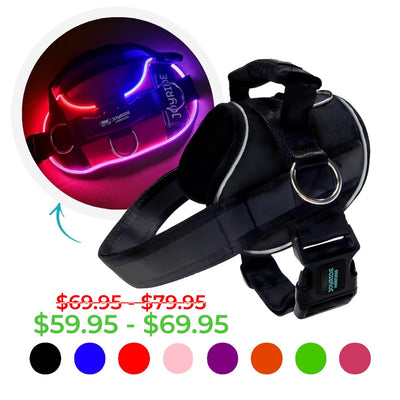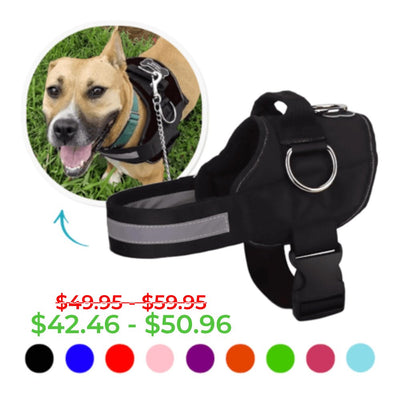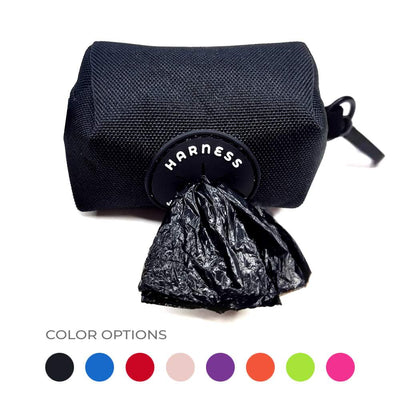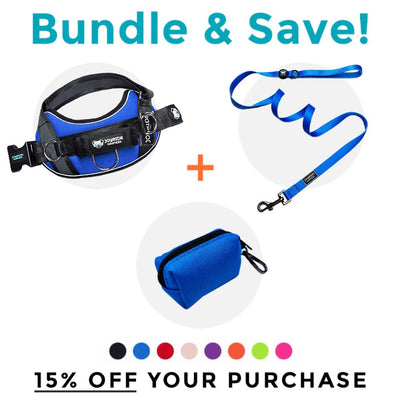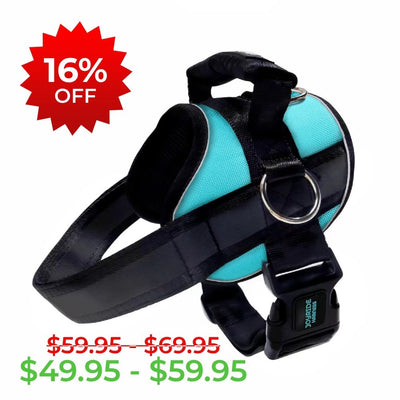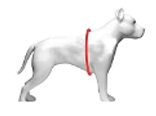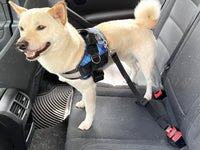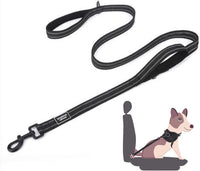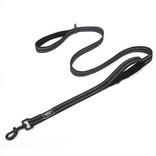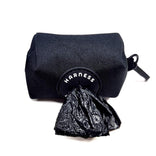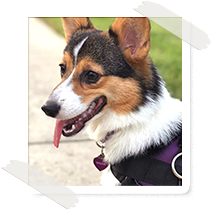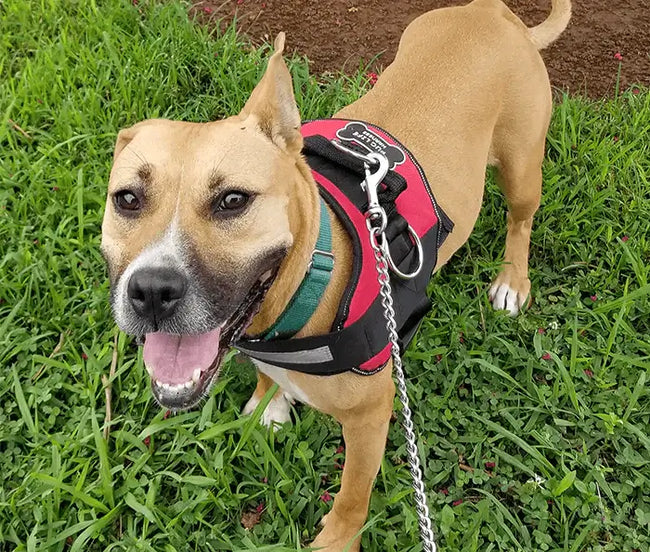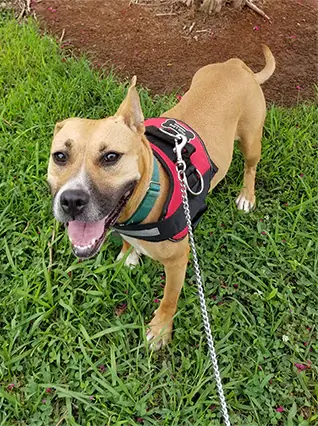How to Stop a Puppy from Biting (Without Losing Your Mind!)
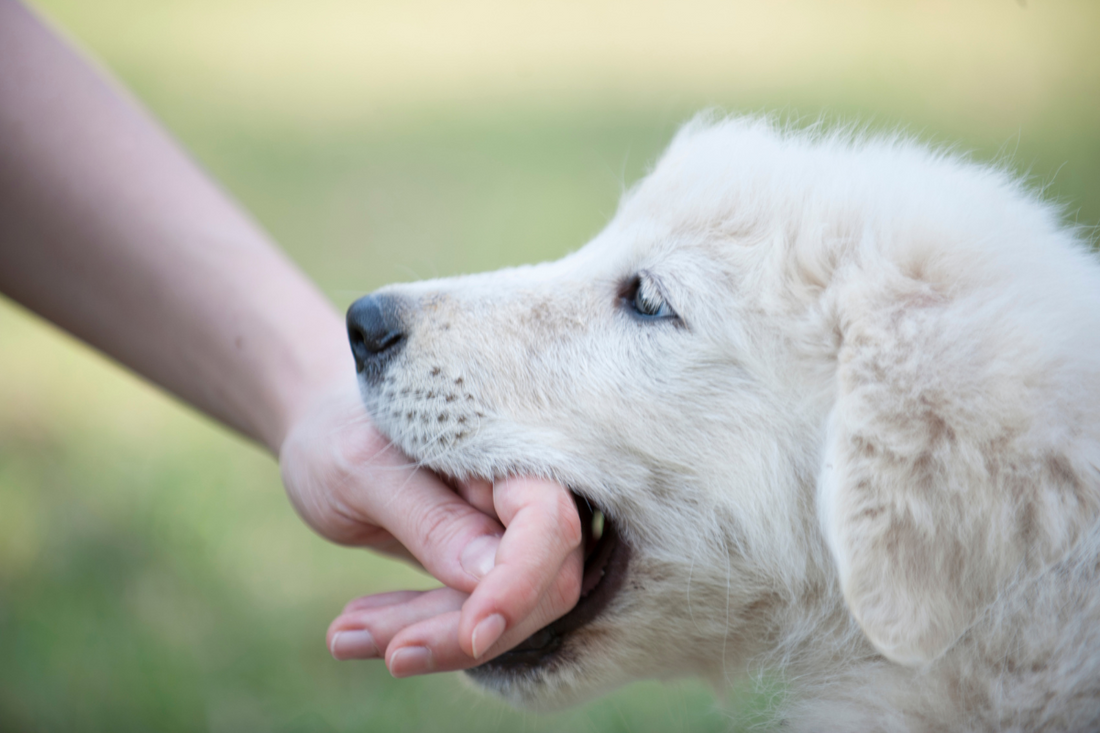
Getting a new puppy is exciting and adorable—until those sharp little teeth start sinking into your fingers, toes, and even your furniture! 😬 Puppies love to bite, and while it’s completely normal, it’s also something they need to grow out of with the right training.
If you’re wondering why your pup is constantly nibbling on everything, don’t worry—you’re not alone! In this guide, we’ll cover why puppies bite, how to teach them to stop, and what to do if their biting becomes a bigger issue.
Let’s get into it! 🐶
Why Do Puppies Bite So Much?

Before we stop the biting, let’s talk about why puppies do it in the first place. There are a few reasons behind those sharp little chompers:
✔ Teething: Just like human babies, puppies go through a teething phase. Biting helps relieve their sore gums.
✔ Exploration: Puppies use their mouths to understand the world around them. It’s their way of “testing” things.
✔ Playfulness: In the wild, puppies play by biting each other. It’s how they learn bite control, also called bite inhibition.
✔ Attention-Seeking: If your pup realizes that biting gets a reaction (even if it’s negative), they may keep doing it.
✔ Overstimulation: Puppies sometimes get too excited and don’t know how to handle their energy—so they bite!
Now that we understand why puppies bite, let’s get into how to stop it before it becomes a habit.
Tips to Stop Your Puppy from Biting
1. Teach Them Bite Control (Like Their Siblings Would!)

When puppies play together and one bites too hard, the other puppy yelps and stops playing. You can mimic this by letting out a high-pitched “ouch!” when your pup bites too hard. Then, stop playing and walk away.
This teaches your puppy that biting too hard = no fun. Over time, they’ll learn to be gentler.
2. Redirect Their Biting to Toys (Not Your Hands!)
Every time your puppy starts mouthing your hands, feet, or clothes, immediately give them a toy instead. This helps them learn what’s okay to bite and what’s not.

✔ Use chew toys to relieve teething pain
✔ Try a rope toy for tug-of-war instead of using your hands
✔ Avoid encouraging them to bite your fingers, even in play!
3. Avoid Rough Play That Encourages Biting
If you wrestle with your puppy using your hands, they’ll think it’s okay to bite people during playtime. Instead, use toys to engage them so they don’t learn bad habits.
4. Reward Gentle Play with Treats and Praise

Dogs love positive reinforcement! When your puppy plays nicely without biting, give them a treat, pets, or a happy “Good dog!” This way, they learn that gentle play = rewards.
5. Use Time-Outs if Biting Gets Too Much
If your puppy keeps biting too hard, end the fun immediately. Say "no," walk away, and ignore them for 30 seconds. Puppies hate being ignored, so they’ll start connecting biting = no more play.
6. Keep Your Puppy Busy and Exercised

A bored puppy is a trouble-making puppy! Keep them busy with:
✔ Walks (when the weather allows!)
✔ Puzzle toys and treat-dispensing toys
✔ Short training sessions to keep their mind engaged
A tired puppy is a well-behaved puppy.
7. Be Patient—It’s a Phase!
Puppies don’t stop biting overnight. It takes weeks (sometimes months) for them to fully learn. Stay consistent, patient, and positive, and your pup will eventually outgrow the bitey stage.
Biting is completely normal for puppies, but it’s important to teach them what’s okay to bite and what’s not. With consistent training, patience, and redirection, your puppy will learn that gentle play is the way to go.
The Importance of Vet Visits for Puppies
Aside from training, regular vet visits are crucial for new puppies. A vet can:
✔ Check if your puppy’s teething pain is normal
✔ Rule out any medical reasons behind excessive biting
✔ Give you more personalized training tips
If you’re ever unsure, a quick vet visit can give you peace of mind!
---
What you’ve just read is a sampling of blog posts we offer at Joyride Harness. We cover current events, informational posts, interviews, and more! You can find more content, including tips and tricks and how-tos for caring for your dog on our blog at this section.

